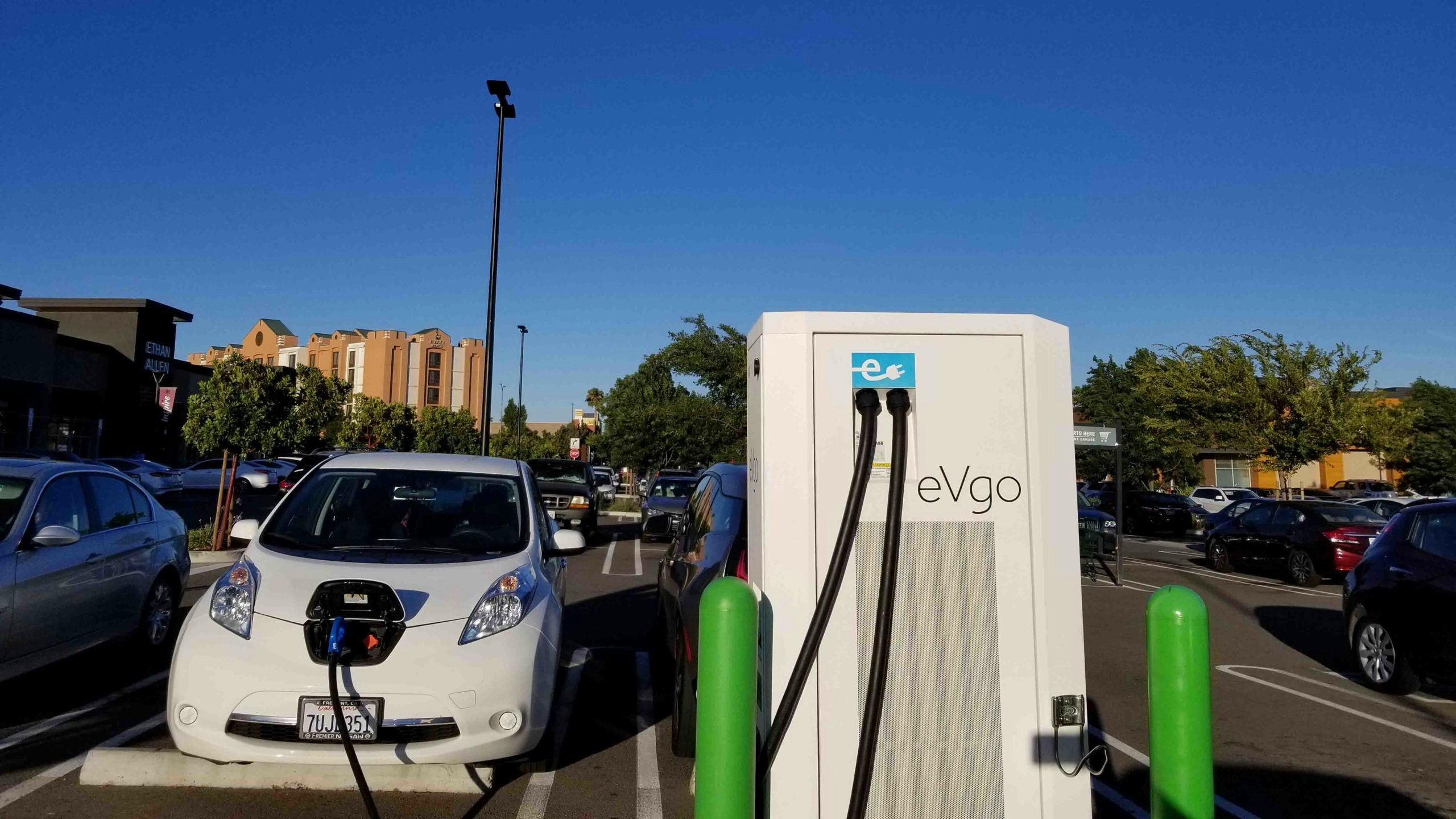The question posed in the title is a fun one because most people have a knee-jerk answer for it. Usually not a nice one. But considered on their merits, there are use cases for electric vehicles in Wyoming beyond the golf course and rental scooters downtown.
For whatever reason, many Americans seem to equate electric vehicles with politics. Sure, like everything else, there are some politics involved, but for the most part, an electric vehicle (EV) is just a thing. It’s a tool just like tin foil and a hat are tools. Having either or both may or may not make a statement about you, but in the end, an EV is a tool of transportation.
Even if we derive that EVs are somehow “anti-Wyoming” because Wyoming produces energy, that’s still a short-sighted assumption. Wyoming produces energy and electric cars use energy. In fact, we as a state would stand to make more money because more electrics would mean more energy is required and we are a net producer of that energy.
So lets consider what lifestyles can and could be utilizing an EV soon.
The clearest use case is for commuters. Whether driving 20, 50, or 100 miles on a commute (one way or round trip), an EV means that drive is a whole lot cheaper. Most of the electric vehicles currently on the roads with Wyoming plates are a second or third car for a household and are used primarily to commute either to work or through daily driving needs. The cost difference to drive an electric vehicle daily versus putting gasoline in the average four- or six-cylinder vehicle for the same job can be substantial.
On a commute of 50 miles per day (which is about double the national average), an EV would save someone paying $4 per gallon at the pump a whopping $986 per year. That’s assuming the gasoline car is achieving 35 mpg, which is about 8 mpg higher than the national average right now.
At 250 miles per week, that’s 13,000 miles per year. Those miles divided by 35 equals 371.5 gallons of fuel for $1,486. If gasoline prices somehow drop to the now-dreamy $2.85 per gallon of pre-pandemic days, that’s still $1,059 in fuel.
The average electric vehicle uses about 0.35kWh per mile and the current electricity price in Wyoming is about 11 cents per kWh. Meaning an EV uses about $500 in electricity for that same year. Those savings don’t account for the additional cost savings coming with less maintenance and lower brake wear also associated with electric vehicles.
Given that most electric vehicles now have a range of at least 150 miles per charge and most are well over 200 miles per charge, the “range anxiety” thing is a little overblown.
And the winter “stuck in a snowstorm” scenario making the rounds on the internet has been debunked thoroughly as an EV would actually keep the passengers warm longer than would an idling gasoline vehicle of any size, assuming all other things are equal (amount of fuel/charge and attempted temperature level in the vehicle).
And with no tailpipe emissions, there’s no danger of the tailpipe being clogged as snow piles up, becoming dangerous for the vehicle’s occupants.
The next use-case scenario that makes sense for an electric vehicle in Wyoming are vehicles with fixed mileage requirements. Delivery vehicles and the like, which work on more or less set routes with set parameters for expected mileage each day.
These vehicles are not only predictable for electricity usage and mileage needs, but would also see less maintenance and costs associated with them over time thanks to no requirement for routine oil and filter changes, lower brake wear, and so forth.
Those who routinely use a truck to haul trailers, heavy loads, and so forth are not yet going to find an EV that matches that workload.
Long distance drivers (meaning more than 100 miles each way) are also not likely to be served well with an EV as they are now. But for those who only do those things occasionally or who routinely drive shorter distances, there is a solid argument for going to an electric option.
As more and more of them enter the market (like it or not, that’s what’s happening), the choices for an EV will also grow quickly.
Your politics may dictate that you cannot fathom an EV for any reason. That’s fine, but don’t pretend it’s for any reason other than those politics.
Logically, an EV makes sense for a lot of people. And the infrastructure to support them is coming thanks to tourists who are beginning to appear in Wyoming driving their EVs from their home states.
Aaron Turpen is an automotive journalist living in Cheyenne, Wyoming. His background includes commercial transportation, computer science, and a lot of adventures that begin with the phrase “the law is a pretty good suggestion, I guess.” His automotive focus is on consumer interest and both electronic and engineering technology. Turpen is a longtime writer for Car Talk and New Atlas.





